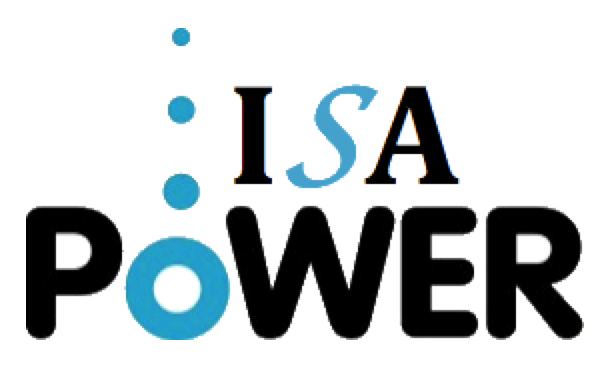The government wants to significantly reduce the number of seriously ill young people with an eating disorder - especially anorexia - over the next ten years. There will be two special knowledge centers for tackling eating disorders and a method will be drawn up to feed patients less under duress. Parents of anorexic patients are relieved. "My daughter was on a waiting list for 18 weeks."
An eating disorder can develop into an unbeatable disease, resulting in death in about ten percent of cases. A quarter of young women do not recover. They end up in a tough assistance process. In the worst cases, patients must even be forcibly kept alive through a tube of food or fluids.
A group of experts in the field of eating disorders (K-EET) has drawn up an action plan at the request of Minister De Jonge (Public Health). It describes how we can "significantly" reduce the number of young people at risk of death from these conditions within ten years. The Minister of Health shares this ambition, he reports today in a letter to Parliament: "I want a structural improvement of the entire chain of care for children and young people with eating disorders, in particular anorexia nervosa."
Broader target audience
In 2020, two regional expertise centers for eating disorders will be set up as a pilot. In 2021, the minister wants to expand this initiative to several centers for a broader target group. Consider, for example, young people with a disorder in the autistic spectrum, who have developed diseases such as anorexia as a result. Now a common complaint among parents is that these patients do not receive tailor-made help, which only worsens their conditions.
Minister De Jonge also finds it very important that a new working method is drawn up with agreements about the use of compulsion (nutrition) in eating disorders. "Force feeding is the very last step that we should avoid as much as possible."
In despair
Saskia Schnitzler is happy with the cabinet plan. She went through it all four years ago: a teenage daughter with eating problems and the desperate struggle to keep Anne alive until professional help was finally available. She thinks it is "desperately necessary" that two knowledge centers will be established. “Taking action faster can prevent an awful lot of problems. Now you still have to deal with such long waiting times. Our daughter was on a waiting list for 18 weeks before professional help was available. After such a time you do not start with the psychological help, then you are initially only concerned with physical help. You start with such a delay in fighting the disease. "
And that while both daughter Anne (now 21) and her parents were there so quickly in the summer of 2015. “Anne came to us at a very early stage: that her head was full of strange thoughts about eating, about losing weight ... And that she needed help. We immediately went to the doctor and he immediately diagnosed: anorexia nervosa. Same day! And it still takes eighteen weeks after that before you are eligible for specialized help. ”
Recognize
The K-EET experts write in their advice: "Children and young people with a (potential) eating disorder should be recognized earlier, better understood and treated earlier and better. We really want a decrease in the number of seriously ill patients. Early recognition and treatment leads to less suffering and fewer social costs. "
For example, there must be hospital beds spread across the country that are intended for patients with eating disorders. Furthermore, expert centers should be set up for identification, to map out shortages in regional care, to train care providers and to provide second opinions on the clinical pictures. Knowledge about a condition such as anorexia must also be shared via a national network.
An amount of 11.5 million euros will be made available in 2020 for the expertise centers for young people with multiple (eating) disorders due to an amendment to the law by GroenLinks. An amount of 26 million has been reserved on a fixed basis in the following years.
Hell
For Saskia Schnitzler's family, the eighteen weeks on the waiting list were hell. A period in which the parents had to watch helplessly as the anorexia got hold of Anne. “We tried everything, recognized the problem, knocked on everything. But the big point is: if there is no unambiguous plan of action on what should be done, the anorexia is allowed to take hold. For us, it was a matter of taking it easy. From: if you don't want to eat one, just a rice cake. Don't you want to drink? Then just a little bit of water, as long as you drink something. You are in the process of keeping your daughter alive. It shouldn't have been two weeks longer. ”
The most important tip she has for other parents: “You have to learn to distinguish between the good, sweet side of your daughter's brain and the moment when the anorexia takes over as a black shadow. Then our daughter just changed completely: then it was screaming, we were called names for everything, as if a witch came forward. You have to teach yourself not to argue with that, communicate clearly, of: "No, I know it's difficult and scary, but that's how we're going to do it."

